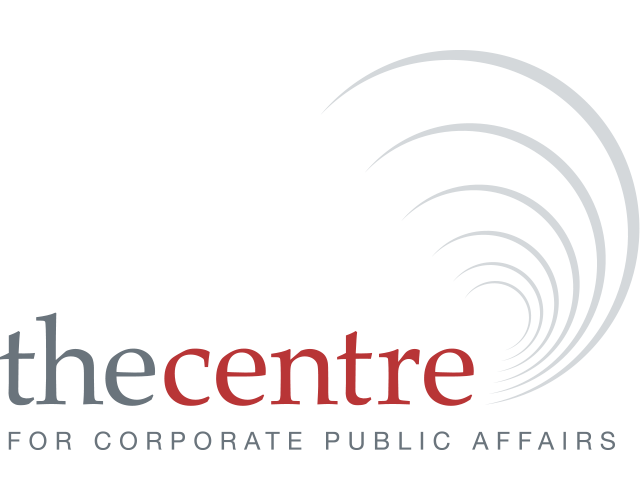Knowledge Centre
Items on this page are a taste only of the thousands of articles, podcasts, and videos housed in our Knowledge CentrePlease login for full access. If your organisation is a Centre member and you do not have log in details, please email thecentre@accpa.com.au. If you have forgotten your password, you can reset it here.
Climate governance in a ‘bumpy’ transition: Directors share their views
Australian Institute of Company DirectorsThe conversation around climate governance has matured. What was once treated as a separate sustainability issue is now becoming deeply embedded in core business strategy and risk management.
Data Governance Foundations for Boards
Australian Institute of Company DirectorsData has become a critical asset for every organisation across every sector of the Australian economy. The ability to effectively govern, manage, leverage and protect data increasingly shapes strategic success and organisational resilience.
Trump tariff chaos: What boards need to do now
Mark Thirlwell, Australian Institute of Company DirectorsWith geopolitical uncertainty disrupting world markets, turbulent times lie ahead for boards and directors. Given the disruptive nature of the interventions in the global trading system, parallel moves to remake the global financial system should be expected to be at least as disruptive, and at least as risky.
Redesigning the governance of culture
Julissa Shrewsbury, Australian Institute of Company Directors, 01 April 2025Culture needs to be on the board agenda at every meeting, addressed through rigorous analysis and strategic planning. In the rapidly changing and increasingly public and litigious business environment, it’s unacceptable to treat culture and a topic addressed only in a crisis.
The Future of Jobs Report 2025
World Economic ForumTechnological change, geo-economic fragmentation, economic uncertainty, demographic shifts and the green transition – individually and in combination are among the major drivers transforming the global labour market by 2030.
AI Is Testing the Limits of Corporate Governance
Roberto Tallarita, Harvard Business ReviewThe boardroom war at OpenAI, the company behind ChatGPT, has put a spotlight on the role of corporate governance in AI safety. Few doubt AI is going to be disruptive for society, and governments are beginning to devise regulatory strategies to control its social cost.
The Case for More Company Insiders on Boards
Bryce Tingle, Harvard Business ReviewUntil the 1970s, corporate boards were dominated by inside directors — people employed by or affiliated with the company in some way. As of 2023, Spencer Stuart research found that 85% of directors are independent.
Qantas Governance Review – Insights for directors
Sean Dondas, Australian Institute of Company DirectorsThe recent Qantas Board Governance Review shone a light on key challenges at Australia’s national carrier and offers valuable governance insights for Australian directors. The review made recommendations across matters including board effectiveness, people and culture, risk, and stakeholders.
Climate transition plans under the spotlight
Kulja Coulston, Australian Institute of Company DirectorsIn the most recent AGM season, corporate climate transitions were thrust into the spotlight when Woodside Energy’s shareholders rejected the company’s Climate Transition Action Plan. The advisory vote’s defeat raised the important question: What makes for a 'credible' company transition?
Australia’s top boards reaching 40 per cent women
Australian Institute of Company DirectorsAnalysis of board diversity data released today by the Australian Institute of Company Directors (AICD) reveals that the ASX 20 and ASX 50 have at least 40 per cent women on boards, with rapid progress being seen across the index.
